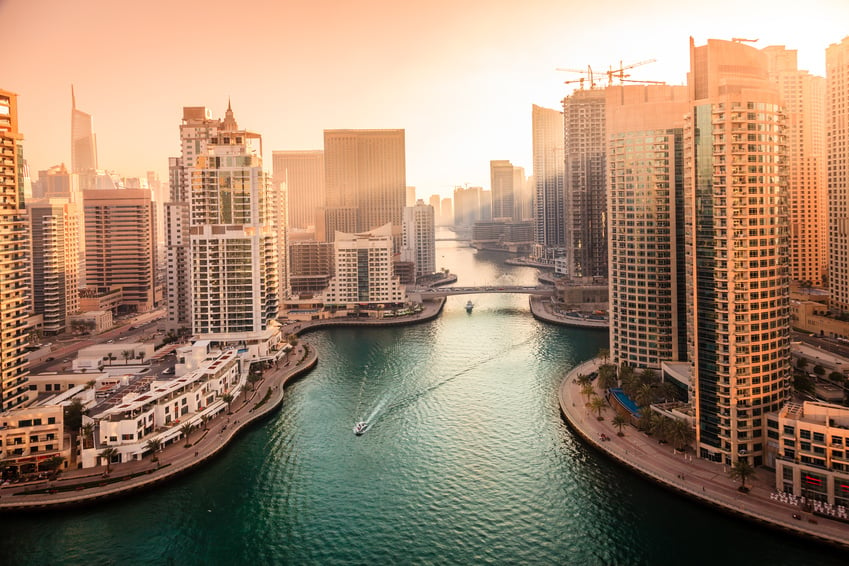Earlier last week, Sheikh Khalifa bin Zayed Al Nahyan, President of the United Arab Emirates (UAE), issued a decree introducing a number of fundamental changes to the UAE Commercial Companies Law (CCL Amendment) and to the UAE’s approach towards foreign direct investment (FDI) in general. The CCL Amendment adopted a new general rule of, in principle, allowing foreign investors to fully own certain types of companies in the mainland of the UAE.
The current UAE Commercial Companies Law No. 2 of 2015 (as amended) (CCL) was issued in 2015 and was a long awaited development. The CCL, however, maintained many of the foreign investment restrictions of its predecessor.
In 2018, the Decree Law No. 19 of 2018 regulating Foreign Direct Investment (FDI Law) was issued with an aim to relax the investment restrictions and facilitate the establishment of companies with up to 100% foreign capital in certain strategic sectors. This was a welcome change and a milestone in the development of the UAE foreign investment rules.
